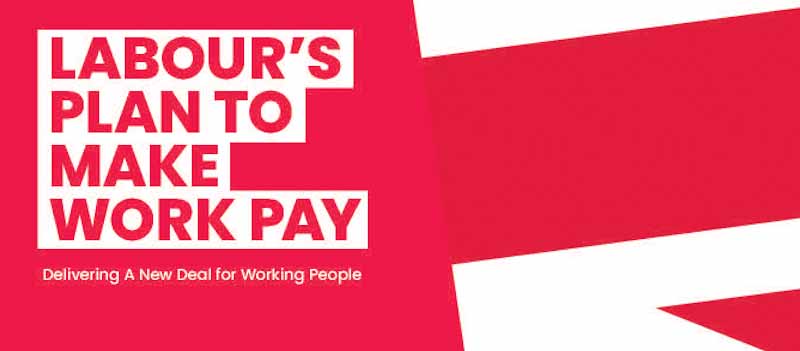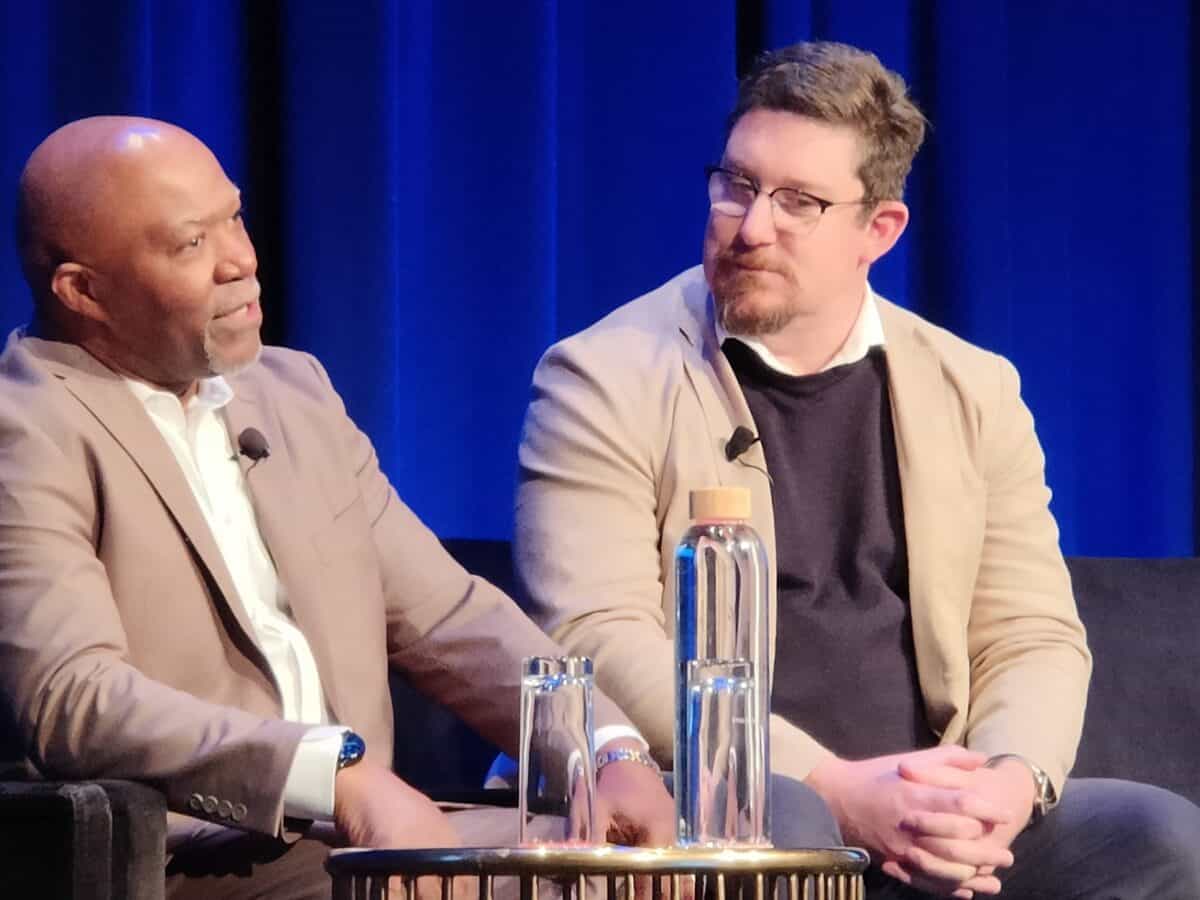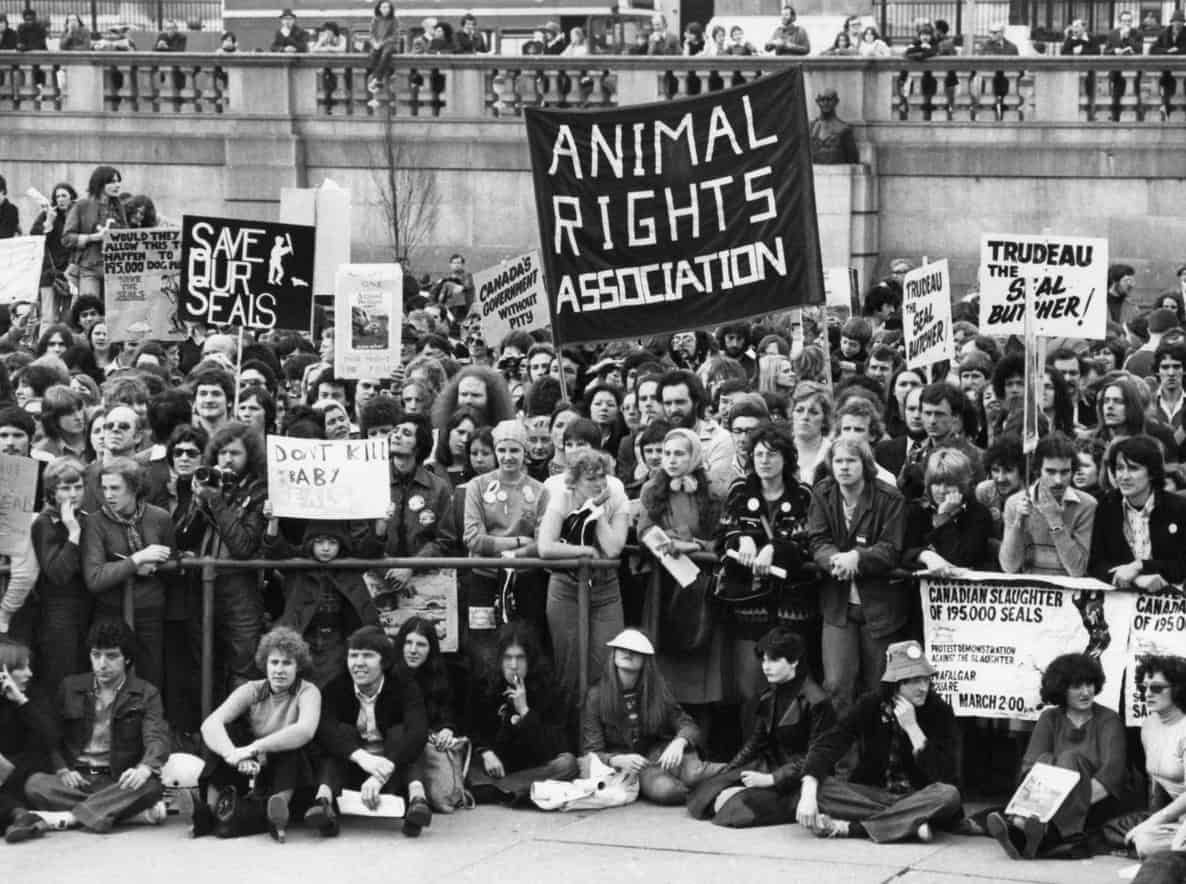An article garnering some attention on LinkedIn (Yeah, I know, the Facebook for corporate self-promotion) has called for a different path to reducing occupational health and safety injuries. “A new view of safety culture measurement” is written by safe365’s cofounder Nathan Hight. As with most articles on the Internet, the primary aim is marketing or selling (this blog is a good example); in this case he is promoting an upcoming webinar. He writes:
“In order to quantify and manage the impacts of behaviour and attitudinal-based attributes in safety, we need a more consistent approach to both the primary measurement, but also the ongoing assessment of progress and performance.”







